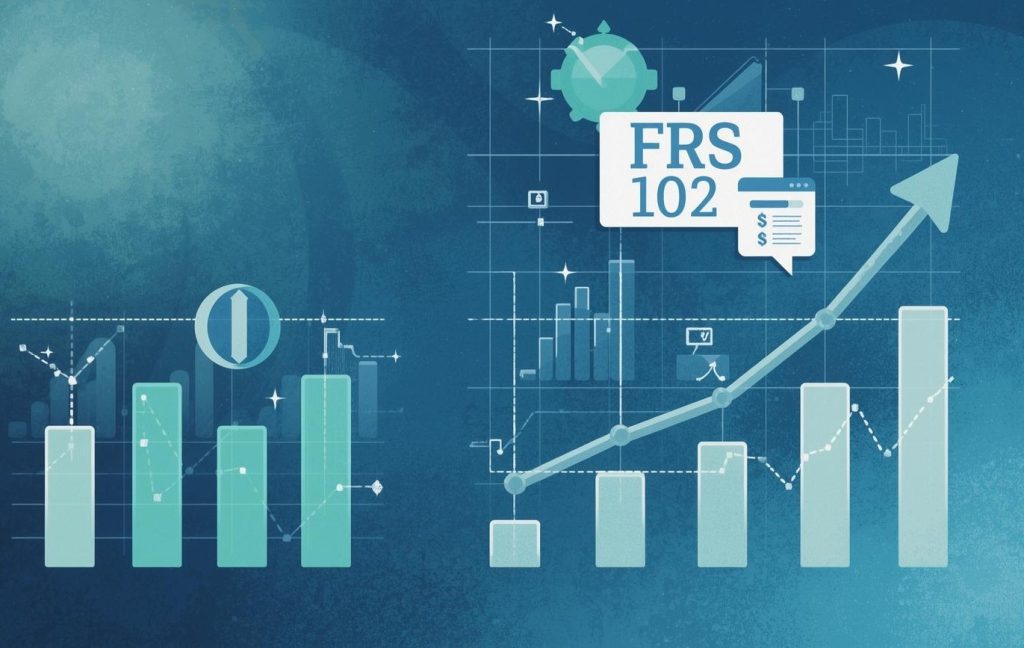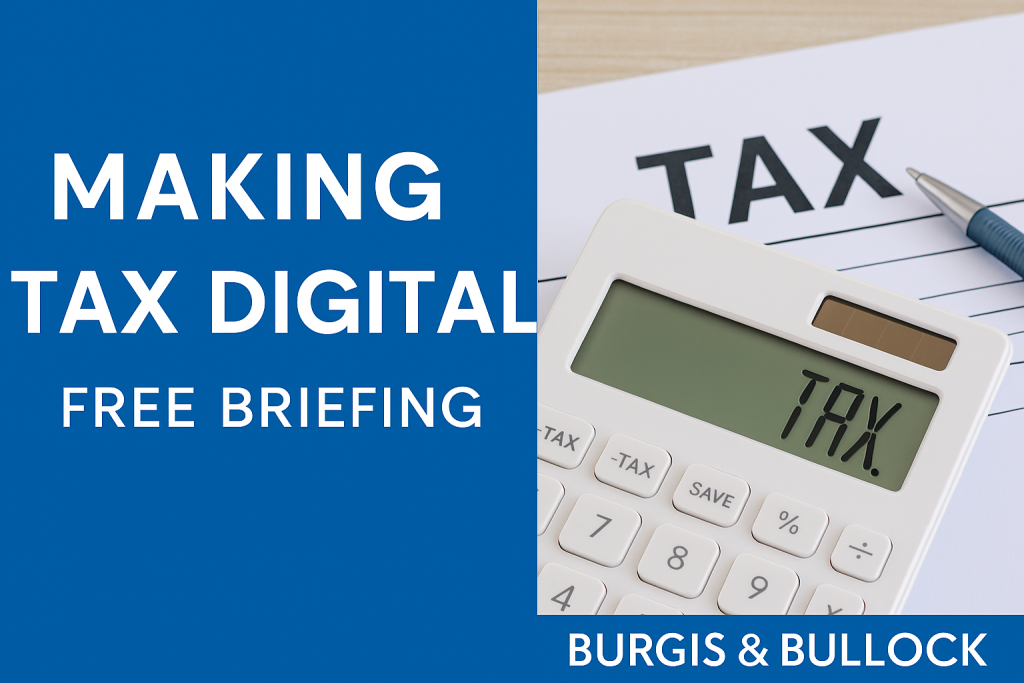For my third blog in our series on the imminent implementation of FRS 102 (2024) I thought we’d take a look at the changes to revenue recognition.
Whilst in reality for many companies income will be reported in exactly the same way, the whole way to approach how to decide an appropriate accounting policy for income has changed.
When the ‘old, old’ accounting standards were scrapped and replaced with FRS 102 back in 2015, certain ‘old school’ accountants like me were a little sad to lose the old accounting standards (FRS 5 Application note G anyone? No? Just me?!). These were prescriptive and set out in detail how to account for income and examples of a number of scenarios. FRS 102 followed a far broader, principles based approach which left open a number of options of accounting for certain types of revenue. The new version is once again far more prescriptive.
The 5 step model
The new standard sets out a 5 step model and each step must be considered in order to reach the correct conclusion.
- Identify the contract with a customer
- Identify the performance obligations in the contract (or promises)
- Determine the transaction price
- Allocate the transaction price to the performance obligations in the contract
- Recognise income as the performance obligations are satisfied.
Step 1: It is important to state at the beginning a contract can be a formal written document but is also likely to involve an element of verbal communication. For example, if my son was asked to referee an Under 7’s football match for £15, there is clearly no written contract, but my son would certainly, and rightly, feel aggrieved if come the final whistle the two teams walk away without payment*. There was a verbal contract. The accounting standard asks for the substance of the transaction to be understood first for which reference should be made to both any written documentation and the wider circumstances.
Step 2: Identify the promises, sometimes this is relatively simple. In the example above my son ‘promised’ to undertake referee duties for one hour. There is just one ‘promise’, other sources of income will not be so straightforward. A piece of capital equipment may be offered along with a period of service, a joining fee may be included alongside an annual membership fee or a contract to upgrade an IT system may include a period of technical support.
Step 3: Determine the transaction price. Usually this is relatively simple, the agreed price for all the ‘promises’ included in the arrangement. There may be additional considerations if there are any variable elements included within the contract or if there are any barter arrangements.
Step 4: Allocate the transaction price. Each ‘promise’ needs to be given it’s share of the overall contract value. Again, how to do this is set out in FRS 102 (2024). In a later blog we will look at some examples.
Step 5: Recognise income as the performance obligations are satisfied. In my simplified example my son would recognise his £15 income when the football match is finished. He has fulfilled his promise. This would be exactly the same treatment as under existing standards, but we have thought about it differently.
Let’s take it further. Suppose my son agrees to train the Under-8s team for an entire season for £800, and this includes an obligation to also referee a number of Under-7s matches. The contract and promises are now more complex. To determine how to recognise the income, we must start at Step 1 and work through the model—we can’t jump straight to Step 5. We will take a deeper dive into some of these complexities in the future by looking at some practical examples. © Kate King
As with the changes to lease accounting, those reporting under IFRS will be familiar with the 5 step model and we are experienced in offering support. If the above has prompted any thoughts and you’d like to discuss further please get in touch with your usual team member or Kate King on kate.king@burgisbullock.com or 01926 451000.
*Disclaimer – the example is for illustration purposes only. I am still dreaming of the day my children become income generating!


 making tax digital for income tax
making tax digital for income tax